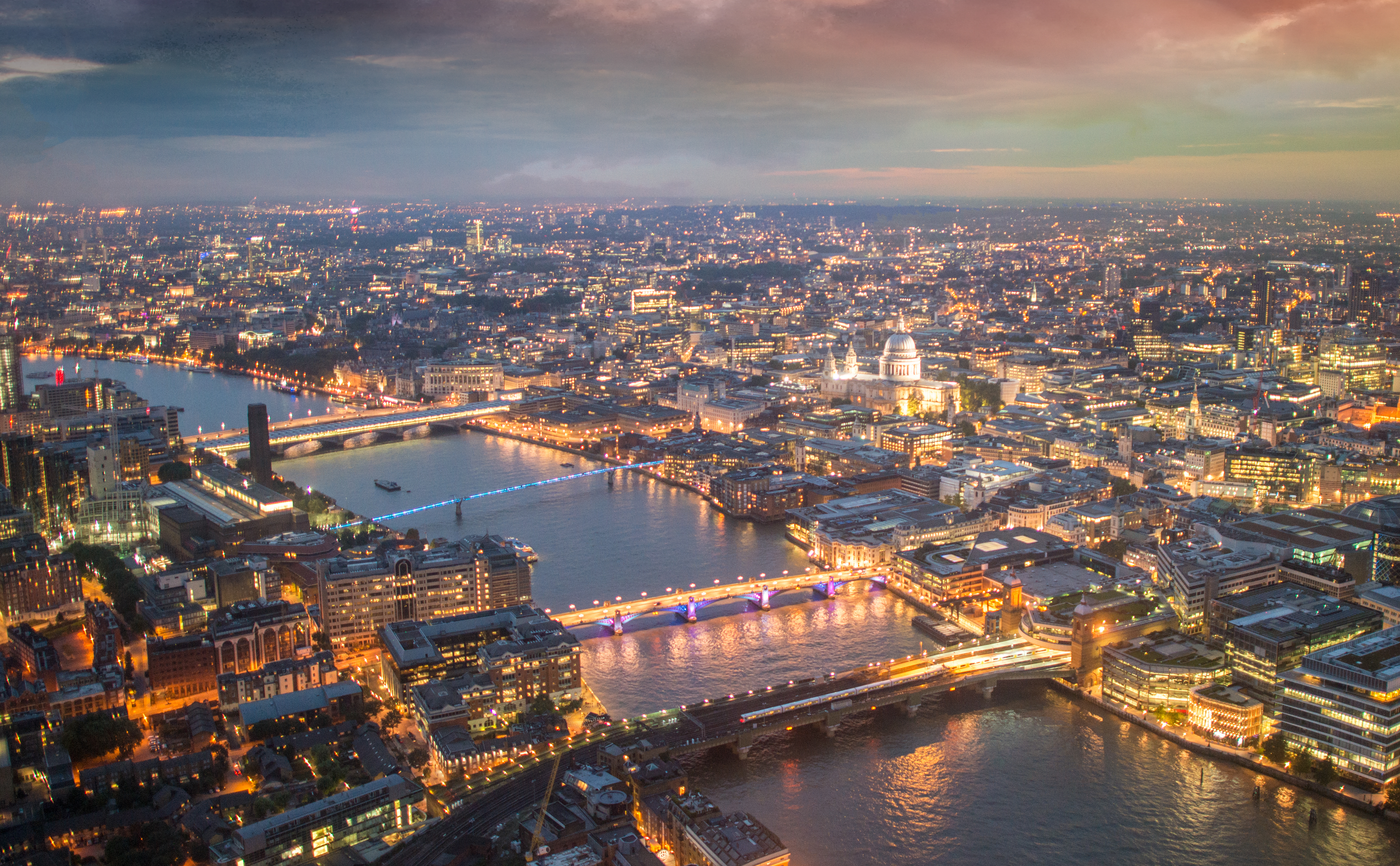Demand is led by Mayor of London
The Mayor of London Sadiq Khan is leading a coalition of city leaders from across the UK in a call for £1.5 billion of central government funding to take the dirtiest vehicles off urban streets.
The UK100 group – a network of local government leaders looking for a shift to 100% clean energy by 2050 – want the money to help fund a scrappage scheme with a £2,000 credit being provided to drivers who trade in their polluting cars in exchange for one which is ultra-low emission.
Alternatively the money could be used for travel credits to be used for public transport, car clubs and bikes.
Up to £3,500 would be available to those people looking to replace their aged cans and minibuses.
Half of the fund should be ring-fenced for private individuals, particularly those on low incomes.
Alongside the call for national action Sadiq Khan also announced plans to extend his own scrappage scheme.
“Details of the new proposed £25 million car scrappage fund – announced today – will be launched later this year. It comes on top of the Mayor’s existing plans for a £23 million fund to help micro-businesses scrap vans that do not comply with the new Ultra Low Emission Zone standards, but which are driven into the ULEZ central London zone regularly.”
The RAC Foundation has previously done its own analysis of what impact a travel credit scheme in London might have.
From April 8 2019 a new Ultra-Low Emission Zone (ULEZ) will be introduced in London superseding the T-Charge zone already in place. From 25 October 2021, the area the ULEZ covers will be extended to that bounded by the North and South Circular roads.
All these charges are in addition to the existing London Congestion Charge.
Steve Gooding responded to the UK100 announcement in The Thunderer column in The Times:
“Back in the 1990s the RAC Foundation, a policy and research organisation, was born of a growing concern about the need to get a grip on the negative impacts of motoring — congestion, road safety and emissions. Something had to change if we were to continue to enjoy the mobility benefits the car has brought, not least access to employment. That’s true across the country and it’s true even in Greater London, despite the capital’s extensive public transport networks.
“Successive London mayors have blazed a trail in promoting initiatives such as congestion charges, the direct vision standard (which assesses how much of fellow road users a lorry driver can safely see), and now, with Sadiq Khan, the priority given to tackling air quality.
“The health risks we run from poor air quality have become ever clearer in recent years. Surely none of us would oppose Mr Khan’s desire to make rapid progress: no one wants their family exposed to emissions that could cause or worsen lifelong health problems. The trouble arises when the pace of change made in pursuit of environmental and health improvement comes with a real financial cost to households, and risks hitting hardest those who are least able to afford it.
“That’s why our foundation acknowledged the sense in the mayor’s previously announced initiative to help very small businesses cope with his accelerated ultra-low emission zone charges by offering compensation for scrapping older, more polluting vehicles.
“Extending the scheme to cars, as he now proposes, is also a good idea, but the mayor’s fund looks paltry. The full details of the scheme have yet to be explained, but a study we conducted suggested there are about 3.9 million cars and vans registered in Greater London, of which some 40 per cent are not compliant with the ultra-low emission zone standards. Set against this, a scrappage fund of £25 million is set to fall short.
“And, of course, it’s not just London that’s facing an air quality challenge. Yesterday saw mayors and city leaders across the country calling for a £1.5 billion programme, a call they may have made in vain given that the government recently scaled back its subsidy scheme for plug-in cars, not to mention the broader economic uncertainties we face.
“But if the estimates for healthcare savings that could accrue from tackling air quality are to be believed, shouldn’t it fall to national government, as ultimate funder of the NHS, to dig far deeper into its coffers to support schemes such as Mr Khan’s that are designed to protect both our mobility and our health?”
ENDS
Contact:
Philip Gomm – Head of External Communications – RAC Foundation
[email protected] | 020 7747 3445 | 07711 776448 | 020 7389 0601 (ISDN)
Notes to editors:
The RAC Foundation is a transport policy and research organisation that explores the economic, mobility, safety and environmental issues relating to roads and their users.
The Foundation publishes independent and authoritative research with which it promotes informed debate and advocates policy in the interest of the responsible motorist. All the Foundation’s work is available at: www.racfoundation.org


